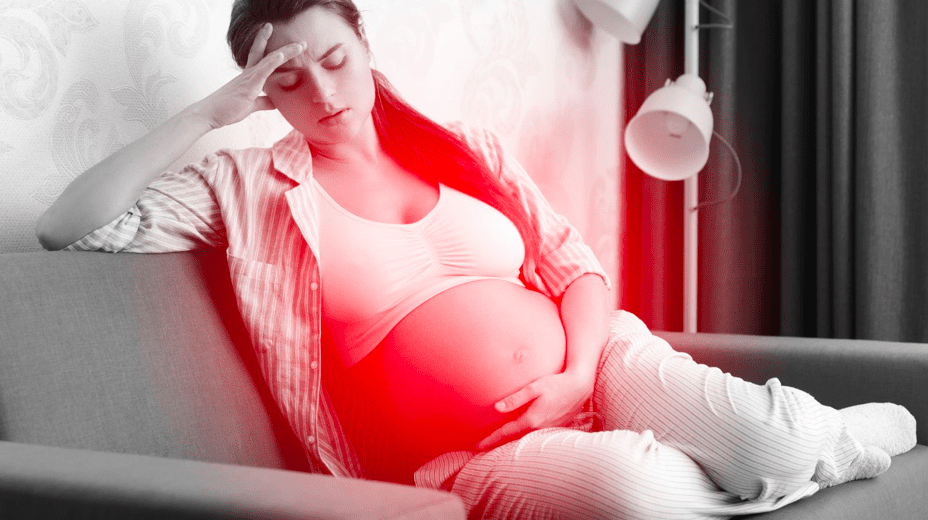What Are Miscarriage Warning Signs |
 In an interview with the Health Channel, Dr. Alejandra Salazar, Obstetrician and Gynecologist with Baptist Health South Florida, describes warning signs that show you may be experiencing some form of miscarriage.
In an interview with the Health Channel, Dr. Alejandra Salazar, Obstetrician and Gynecologist with Baptist Health South Florida, describes warning signs that show you may be experiencing some form of miscarriage.
The most common symptoms of miscarriages are bleeding and abdominal pain. The cramps will feel like period cramps. In the case of an ectopic pregnancy, or a pregnancy in which the fertilized egg is implanted outside of the uterus, the bleeding will be severe, to the point where you feel like you might pass out. In that case you need to get to the emergency room as quickly as you can.
Some other signs of a miscarriage can be vaginal mucus, labor-like contractions, and other period symptoms such as breast tenderness, back pain, nausea, and vomiting. You also may experience brown or red bleeding without cramps and clot-like tissue passing through your vagina. “I always tell my patients, if you see weird tissue that looks like chicken skin, or it looks a little white-ish, or a little purple-ish, that’s not normal,” the doctor warns. Dr. Salazar says that if you see that it means you probably already passed part of the pregnancy or the whole pregnancy.
There is little you can do to prevent a miscarriage because miscarriages are something that usually just happen through no fault of the mother. Though Dr. Salazar says that it is still important to avoid doing difficult activities at the beginning of the pregnancy. She advises mothers to not lift big weights and avoid doing things that can put the pregnancy at risk. Dr. Salazar says that she thinks that miscarriages are nature’s way of telling you, “Your pregnancy is not normal, let’s get rid of it and try again.”
Miscarriages are most likely to occur in the first and second trimester of pregnancy, especially in the first trimester. Dr. Salazar says that 20% of miscarriages happen in the first trimester. “I always tell my patients to not tell their families they’re pregnant until they pass the first trimester. After that, the probability will go down to less than 1%,” Dr. Salazar says. So, if you don’t have a miscarriage within the first 13 weeks, the pregnancy will most likely stick.
To watch the full segment of Dr. Alejandra Salazar describing miscarriage symptoms, visit the Health Channel’s YouTube channel at: https://www.youtube.com/c/AllHealthGo








